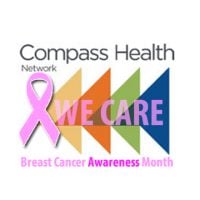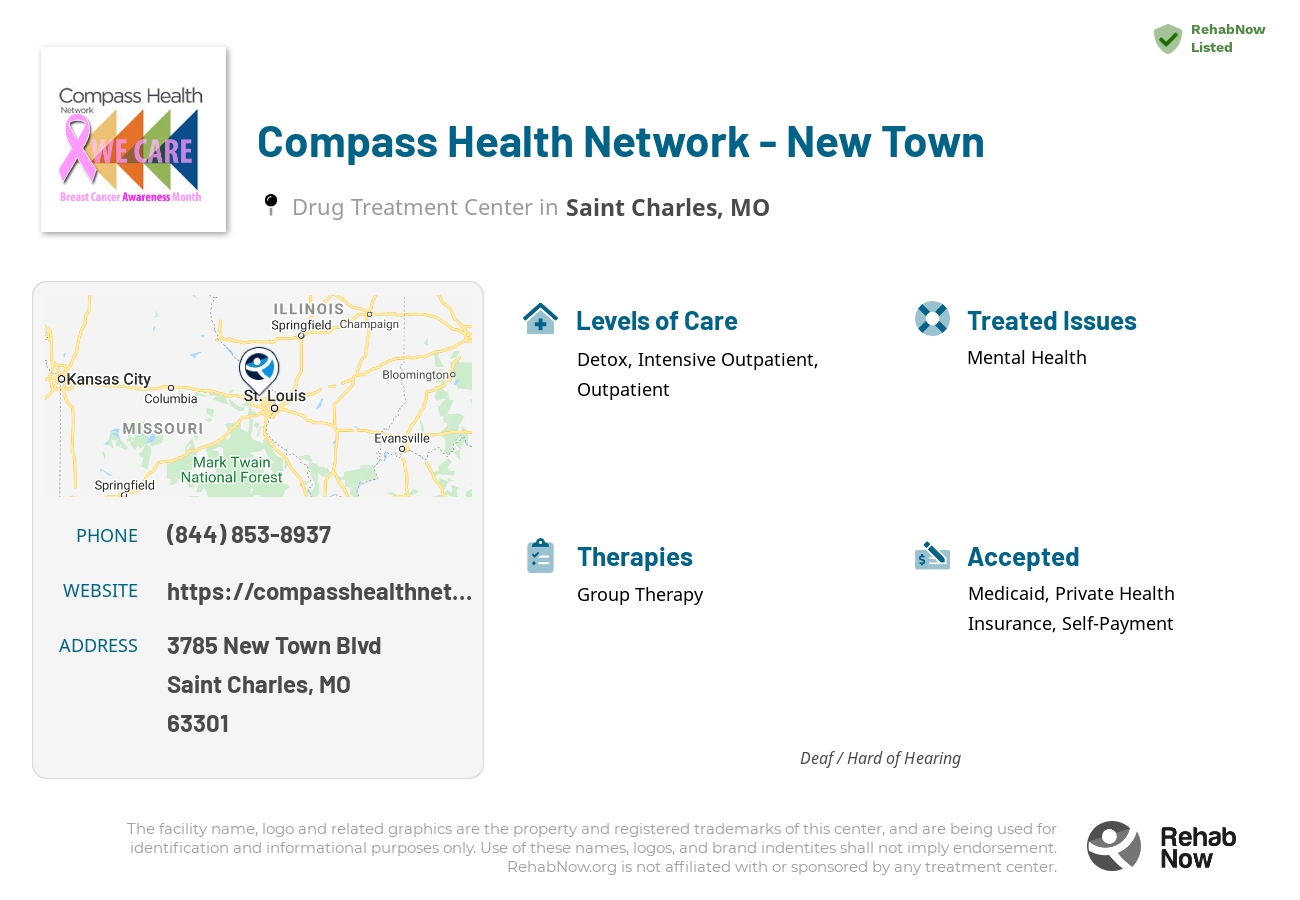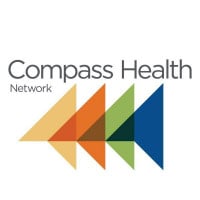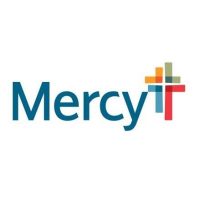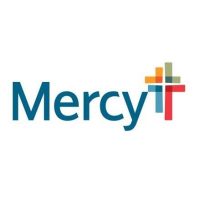Compass Health Network - New Town
Drug Rehab Center in Saint Charles, Missouri
Compass Health Network - New Town is an accredited addiction treatment facility located in Saint Charles, Missouri, offering five levels of care including detoxification and intensive outpatient services, residential programs and aftercare support, utilizing evidence-based therapies such as cognitive behavioral therapy (CBT) and dialectical behavior therapy to create individualized treatment plans for each client.
About Compass Health Network - New Town in Missouri
Compass Health Network – New Town, nestled in Saint Charles, Missouri, offers a sanctuary for those grappling with mental health issues. Distinguished by its commitment to providing personalized care, this private rehab boasts a primary focus on mental health, ensuring a path to recovery that respects each individual's unique journey.
This facility is backed by prestigious accreditations from CARF, JCAHO, and holds a state license, underscoring its adherence to the highest standards of care. At Compass Health Network – New Town, patients are embraced by a comprehensive treatment approach designed to address both mental and emotional well-being.
- Personalized care plans cater to the unique needs of each individual, offering a more tailored recovery experience.
- A wide spectrum of treatments encompasses everything from detox to inpatient and outpatient services, ensuring all aspects of recovery are covered.
- Family involvement is encouraged, providing a supportive environment for lasting sobriety.
The center specializes in addressing a broad range of addictions and mental health issues, employing evidence-based methods such as dialectical behavioral therapy, motivational interviewing, and trauma therapy. Offering various levels of care, including detox, inpatient, and outpatient treatments, Compass Health Network – New Town is equipped to support individuals at every step of their recovery journey.
Genders
Ages
Modality
Additional
Accreditations
State License

JCAHO

CARF
The Commission on Accreditation of Rehabilitation Facilities (CARF) is a non-profit organization that specifically accredits rehab organizations. Founded in 1966, CARF's, mission is to help service providers like rehab facilities maintain high standards of care.
Conditions and Issues Treated
Substance Abuse Treatment is important when getting sober, as it helps addicts learn the skills they need to live a clean life. There are many different kinds of recovery treatment, including but not limited to medication-assisted therapy, behavioral therapeutic approaches, self-help groups, and counseling. Each treatment has its benefits that help addicts recover.
Counseling can help addicts learn the skills they need to live sober lives. It can be used to treat underlying mental health issues, like depression or anxiety, that could lead to relapse. Counseling can also help people find work, deal with family problems, and learn to manage living without drugs.
Levels of Care Offered
This center offers a variety of custom treatment tailored to individual recovery. Currently available are Aftercare Support, Detox, Inpatient, Intensive Outpatient, Outpatient, with additional therapies available as listed below.
Detox is an integral part of recovery and often very hard. Detoxification is the process of letting the body remove the drugs in it. It addresses the physical aspect of addiction. Detox from drugs can be unsafe as the patient undergoes withdrawal symptoms that range from headaches, vomiting, body aches to seizures and cardiac arrests. The main purpose of detox is to keep the drug users comfortable as the drugs leave their system.
Quitting cold turkey is not recommended and can lead to many issues. Detox is best done under medical supervision so that a team of experts can monitor the side effects and complications. Detox, alone, does not guarantee sobriety as the underlying psychological issues are not addressed.
Inpatient treatment is a form of recovery used in drug rehab. Inpatient recovery offers individual therapy, groups, and family therapy to ensure that the addict has the best recovery possible. A variety of treatments are provided in this type of recovery, depending on what treatment the addict needs at that particular time.
The length of inpatient addiction treatment depends on the addict and their addiction. Inpatient rehabilitation can last anywhere from 30 days to 90 days, depending on how severe the drug abuse is. Inpatient rehab is a costly drug treatment, costing anywhere from $30k- to $60k. However, insurance often offers help in covering these costs.
An intensive outpatient program (IOP) is effective for drug rehab, but it can take six months to several years to complete. It’s the most popular type of drug rehab program in the United States. One example of a successful IOP success story is actor and comedian Chris Rock, sober since 1990.
An IOP allows participants to spend nights at home while attending meetings throughout the day. It’s a good way for drug addicts to make a recovery plan in an outpatient setting while still supporting their loved ones.
Alcohol or drug addiction, or co-occurring disorders, are treated in an outpatient program. The patient must attend therapy and other programs at the facility but can return home each night.
Outpatient treatment allows recovering addicts to live at home while receiving addiction treatment. Outpatients can attend group sessions for a few hours per week. Outpatients may also continue to work full time and study/attend school without interruption if they choose.
The accomplishment of completing a drug or alcohol treatment program is just the first step. Once that is complete, aftercare support comes into play. This includes helping people adjust to life without substances outside of guidelines with assistance like getting sober living accommodations and career counseling and AA/NA programs for those who are struggling between sobriety or want continued help in maintaining it once they have completed their initial rehabilitation at an addiction facility.
Aftercare comprises services that help recovering addicts readjust to normal day-to-day activities while working on specific issues. These problems include psychiatric issues, family problems caused by substance abuse, continuing education pursuits if desired during rehab, etc. These can last up to one year+ depending on what’s needed most urgently upon completion of earlier stages.
Therapies & Programs
Different people react differently to various treatment options. Some drug rehabilitation centers offer individualized treatment that caters to the specific needs of a drug addict. The best treatment option varies on an individual depending on the type of drug abused, life history, medical condition of the person, social circumstances, and the environment they live in now.
When a person enters drug rehab, they usually have anti-drug associations such as withdrawal symptoms, stress, cravings, etc. The first step of drug rehab is to detoxify the body from any residual substances in it. Drug rehabilitation centers usually employ trained medical professionals to help in this process. Usually, the initial detoxification lasts for five days, where the person is monitored under close supervision.
Family therapy sessions typically involve the addict and their family members. During these sessions, a therapist will work with everyone involved to help them understand addiction and find healthy ways of coping without substance abuse.
Some addicts might feel embarrassed about their substance abuse problems. By encouraging family members to attend these sessions, therapists can show addicts that they’re not alone in dealing with addiction. Therapists can also work with family members to help them understand addiction and learn how to offer support and encouragement to their loved one as they deal with substance abuse issues.
Attending group therapy at Compass Health Network - New Town in , is a useful way for those seeking sobriety to realize they aren’t the only one going through it.
This is when a group of people on different recovery phases get together and talk about what they’re going through, their triggers, successes, and failures. This can include alternative types of therapies too! Group therapy may occur on an outpatient or inpatient basis with groups that have no pre-existing relationships outside the session, unlike support groups where everyone already knows each other beforehand.
Trauma therapy is a form of therapy used to help people process and understand past traumas. This can help struggling addicts, as many people turn to drugs or alcohol to mask the pain of their past. Trauma therapy can be done in several ways, such as through visualization, discussion, and writing down thoughts and feelings. The goal is to help the individual understand why they are having problems coping with certain situations and changing how they think and react to things. This is often done in tandem with other therapies to treat the underlying issues associated with addiction.
The idea behind trauma therapy is that while some people can experience traumatic events and not have lasting psychiatric symptoms, many others will. In these cases, memories get hidden from consciousness but continue to influence how the person processes and copes with things in their life. They may avoid situations that resemble what happened or become suddenly angry or irritated to a situation that reminds them of a past event. With the help of a therapist, people can go back over memories and experiences. This helps them understand why they are having problems coping with certain situations and changing how they think and react to things.
This type of cognitive-behavioral therapy helps people understand how their thoughts, behaviors, and feelings are interconnected. It can help patients with borderline personality disorder gain control over their actions and stop self-harming thoughts and attempts.
Payment Options Accepted
For specific insurance or payment methods please contact us.
Is your insurance accepted?
Ask an expert, call (888) 674-0062
Compass Health Network Associated Centers
Discover treatment facilities under the same provider.
- Compass Health Network – McCambridge Women and Children’s Treatment Center in Columbia, MO
- Pathways Behavioral Health - Remington Plaza in Raymore, MO
- Compass Health Network - Lebanon in Lebanon, MO
- Compass Health Network - Nevada in Nevada, MO
- Compass Health Pathways Comm Behavioral Healthcare in Jefferson City, MO
Learn More About Compass Health Network Centers
Additional Details
Specifics, location, and helpful extra information.
Saint Charles, Missouri 63301 Phone Number(844) 853-8937 Meta DetailsUpdated April 15, 2024
Staff Verified
Compass Health Network - New Town Patient Reviews
There are no reviews yet. Be the first one to write one.
Saint Charles, Missouri Addiction Information
Opioid-related overdoses in Missouri have been increasing steadily for the past three decades. In 2018, more than 1,130 people in Missouri died from opioid abuse. Methamphetamines and marijuana abuse have surpassed opioid abuse in Missouri. Missouri is the number 1 methamphetamine manufacturer in the country with more than 27 meth labs per 100,000 people.
Treatment in Nearby Cities
- Carthage, MO (236.0 mi.)
- Milan, MO (168.5 mi.)
- O Fallon, MO (9.8 mi.)
- Cape Girardeau, MO (118.4 mi.)
- Camdenton, MO (133.2 mi.)
Centers near Compass Health Network - New Town
The facility name, logo and brand are the property and registered trademarks of Compass Health Network - New Town, and are being used for identification and informational purposes only. Use of these names, logos and brands shall not imply endorsement. RehabNow.org is not affiliated with or sponsored by Compass Health Network - New Town.
